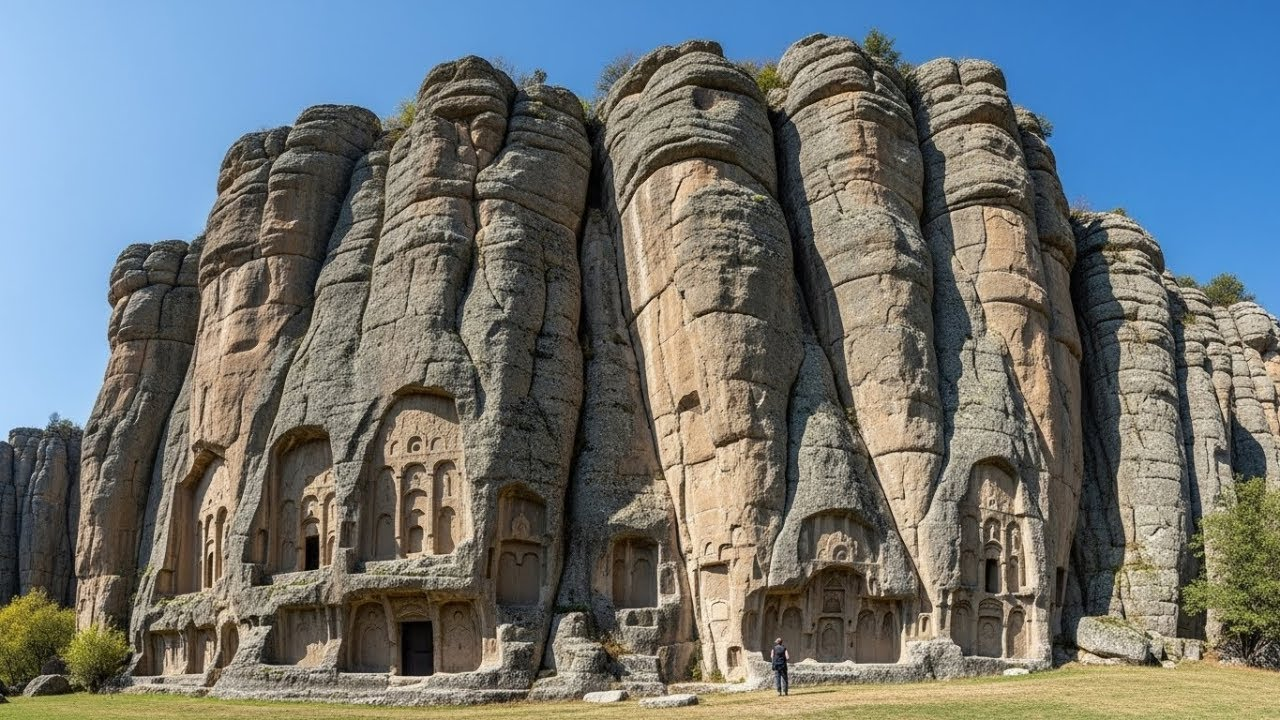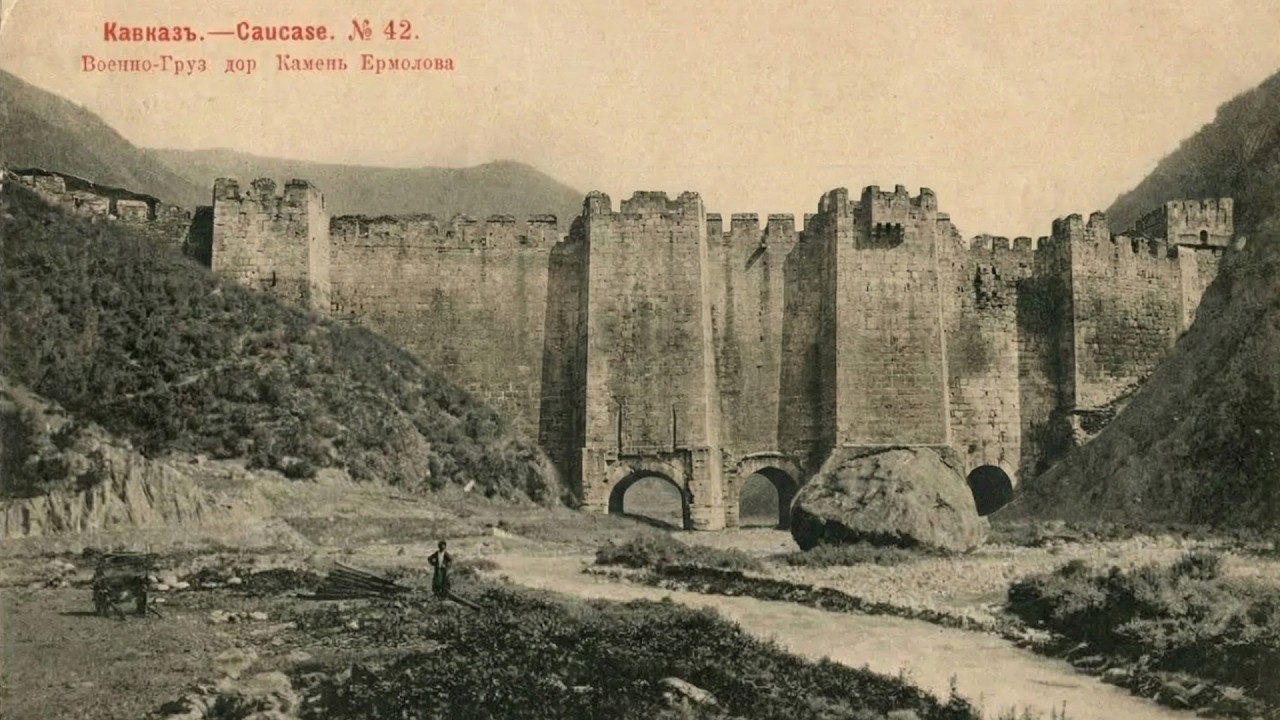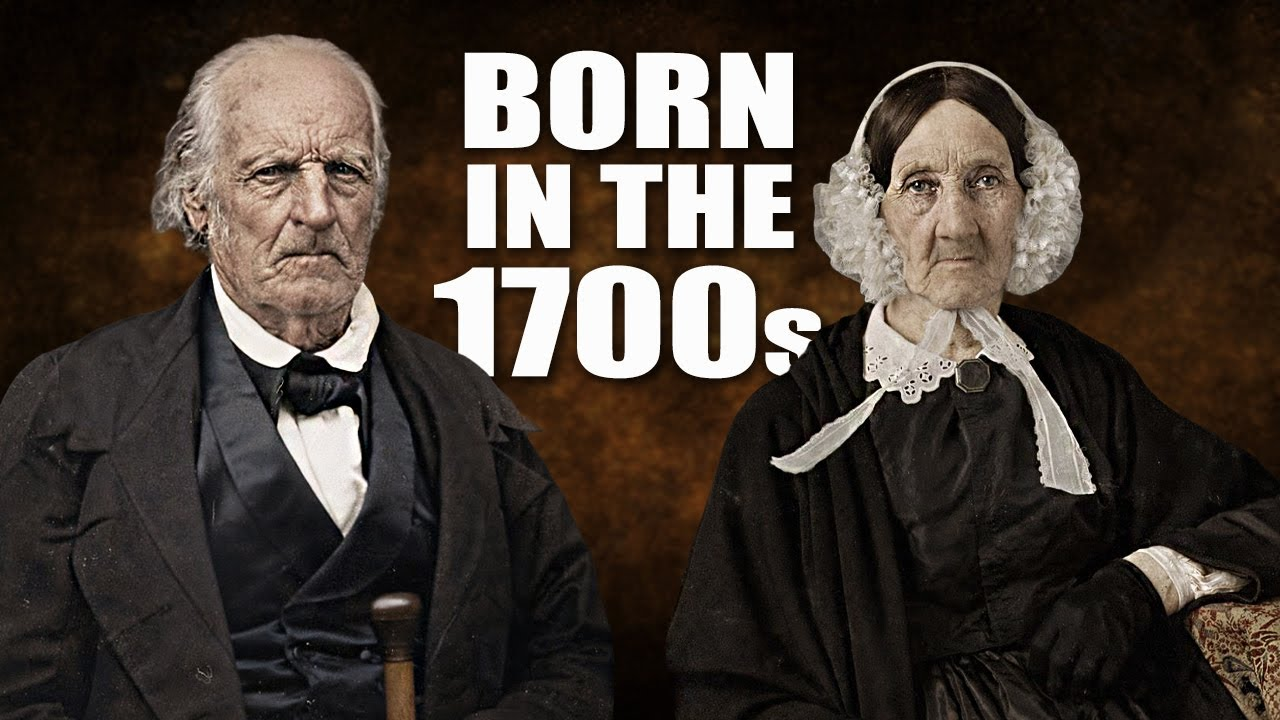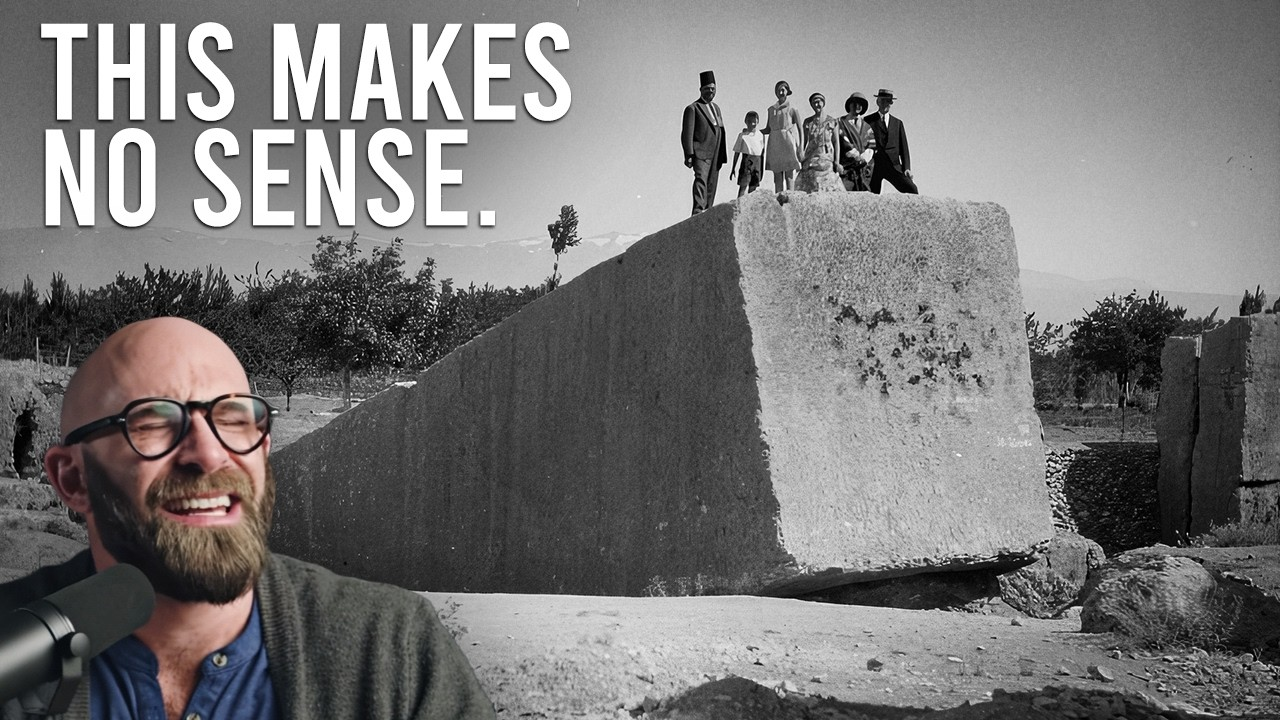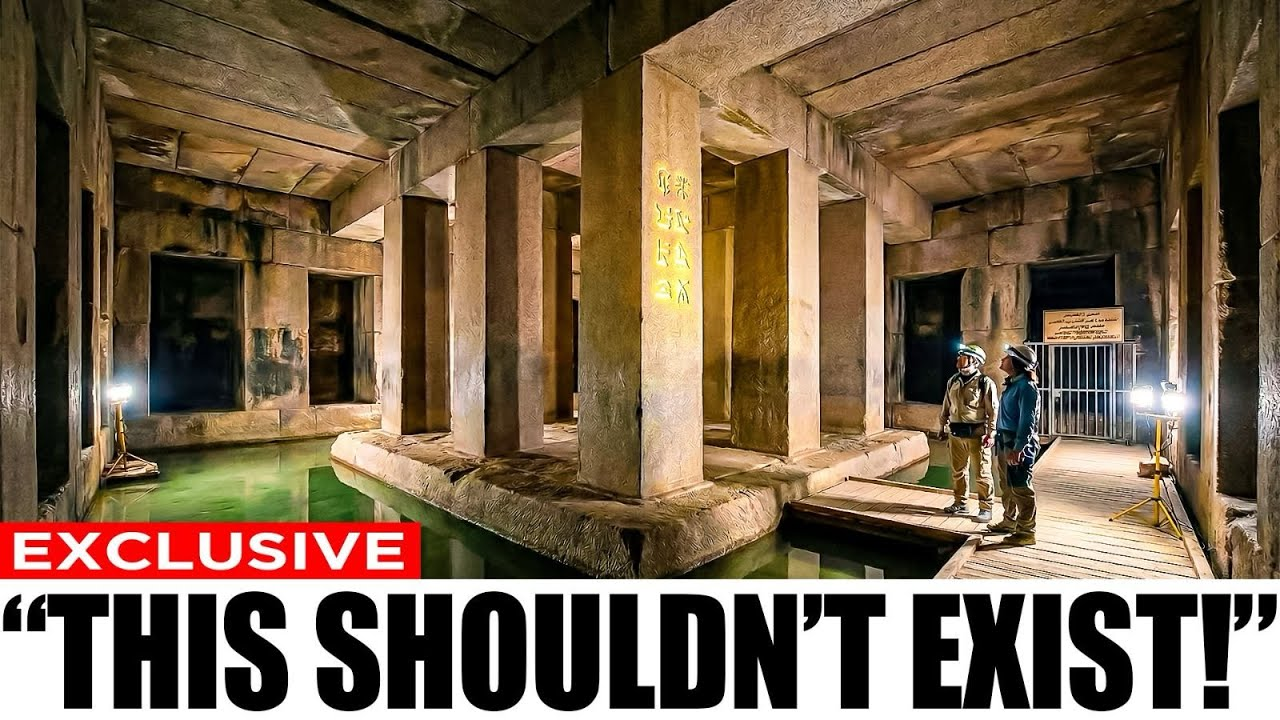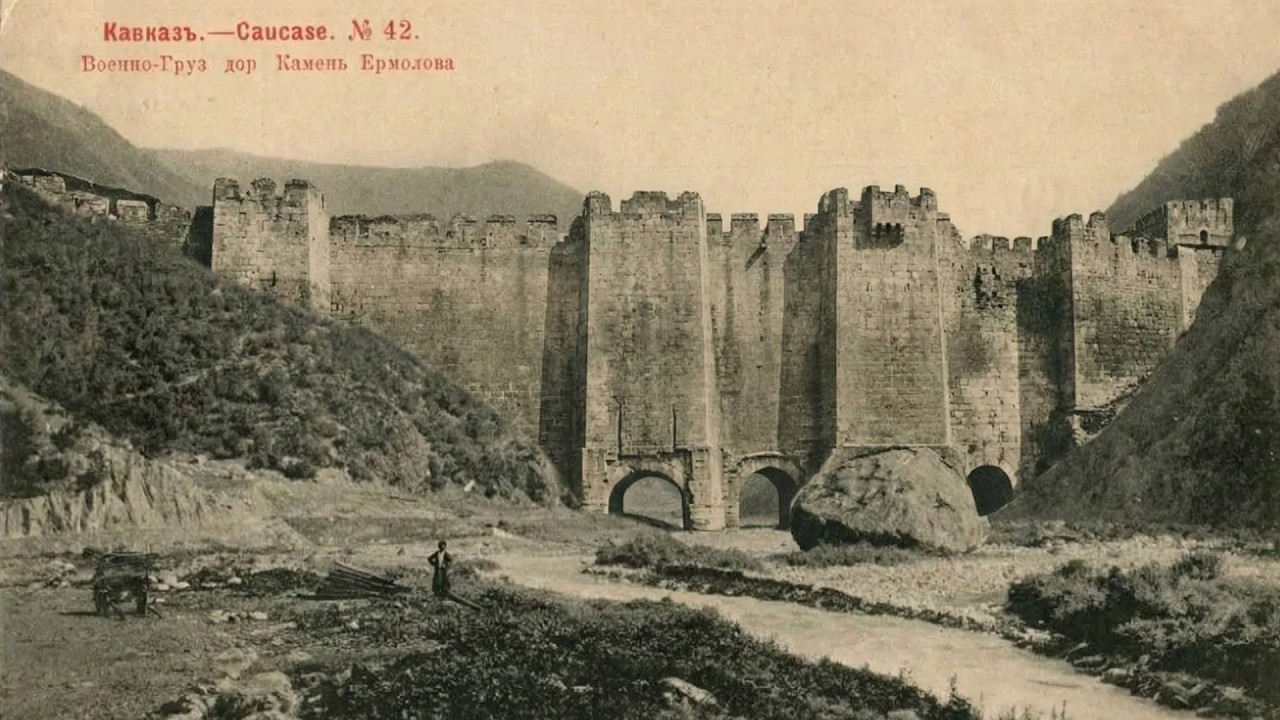The Battle of Marathon: A Pivotal Moment in Western History
The Battle of Marathon, fought in 490 B.C., stands as one of the most consequential military engagements in the annals of Western history. This clash between the mighty Persian Empire and the fledgling city-state of Athens marked not only a decisive moment in the Greco-Persian Wars but also set the stage for the rise of classical Greek civilization, a cornerstone of Western culture.
Background: The Persian Expansion
To fully appreciate the significance of the marathon, one must understand the backdrop against which it was fought. The Persian Empire, under King Darius I, was an expanding colossus, stretching from Asia Minor to parts of India. Its ambition to extend its dominion into Greece was partly in retaliation against the Athenian and Eretrian support for the Ionian Revolt (499–494 B.C.), which was a rebellion of Greek cities in Asia Minor against Persian rule.
The Athenian Response
Athens, though politically and militarily nascent compared to the Persian behemoth, responded to the Persian threat with remarkable alacrity. Under the leadership of the strategos (generals), the Athenians decided to engage the Persians on their terms. A small force from Plataea joined them, displaying the developing sense of Greek unity against a common foreign foe.
The Stage of Battle: Marathon
The Persians landed at the plain of Marathon, a site chosen for its suitability for Persian cavalry. The Athenian force, though outnumbered (contemporary accounts suggest by at least two to one), was heavily armored and well-disciplined. The decision to meet the Persians at Marathon rather than waiting to defend Athens was a strategic gamble that underscored the Athenians' resolve.
The epic Battle
The battle itself was a showcase of tactical ingenuity. Miltiades thinned the center of his line, strengthening the flanks to envelop the Persian army. This tactic, combined with the ferocity of the Athenian hoplites, proved devastating. The Persians, more accustomed to missile warfare and cavalry charges, found themselves outmatched in close-quarters combat. The Greek forces achieved a stunning victory, driving the Persians back to their ships.
Aftermath and Legacy
The Battle of Marathon did not end the Persian threat to Greece, but it marked a turning point. It boosted the confidence of the Greek city-states, paving the way for future victories such as at Salamis and Plataea. Politically, it reinforced the Athenian belief in their democratic system, which had enabled such decisive action.
The legacy of Marathon extends far beyond its immediate military consequences. It symbolized the triumph of the Greek way of life over foreign domination, an ethos that would deeply influence Western thought. The concepts of democracy, individual rights, and civic duty, which were nascent in Athenian society, gained a new lease of life following this victory.
The Battle of Marathon, thus, was more than just a military victory; it was a cultural and ideological triumph. It underscored the capability of a unified, democratic society to overcome seemingly insurmountable odds. As such, it remains not just a significant historical event but a perennial source of inspiration, reminding us of the enduring power of collective action and democratic principles in the face of adversity.


